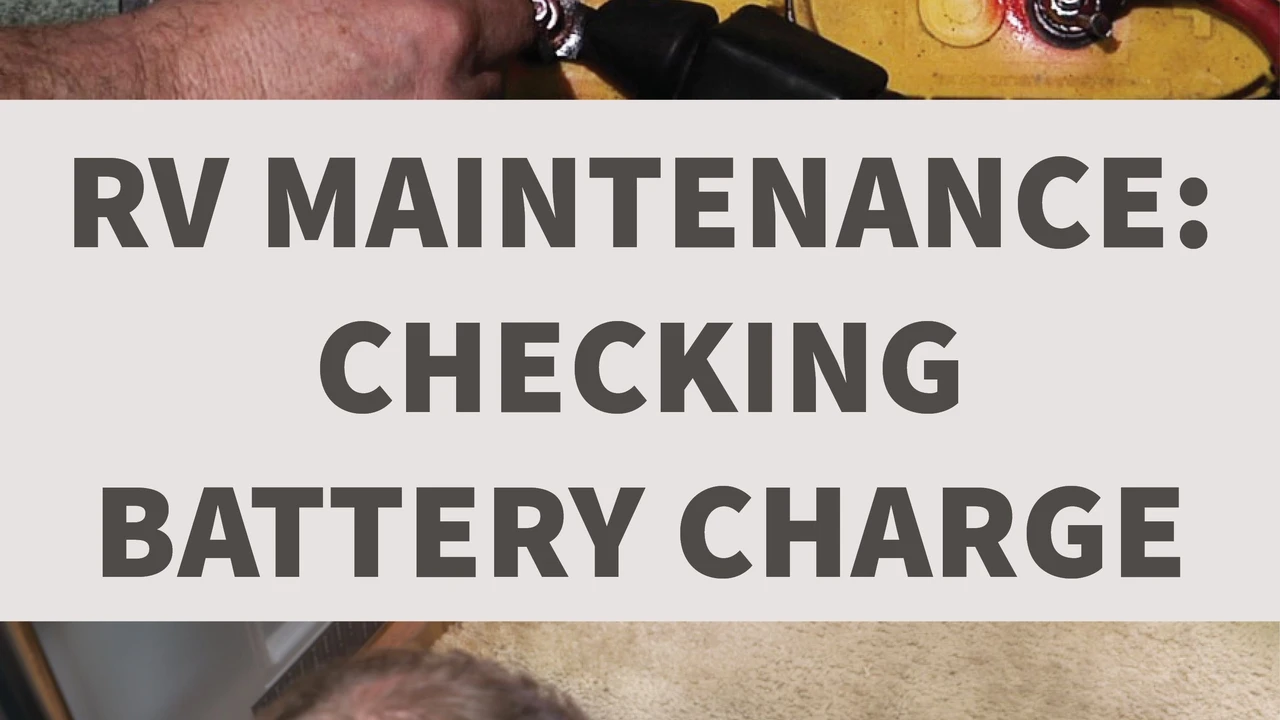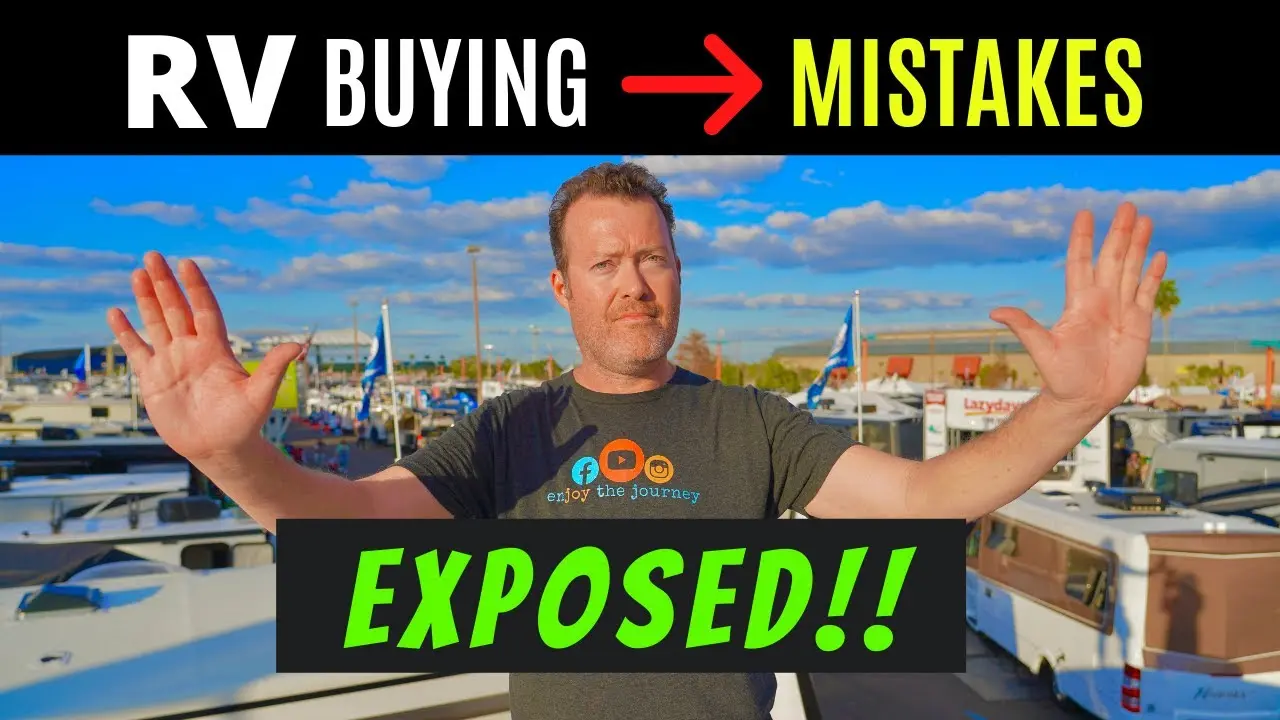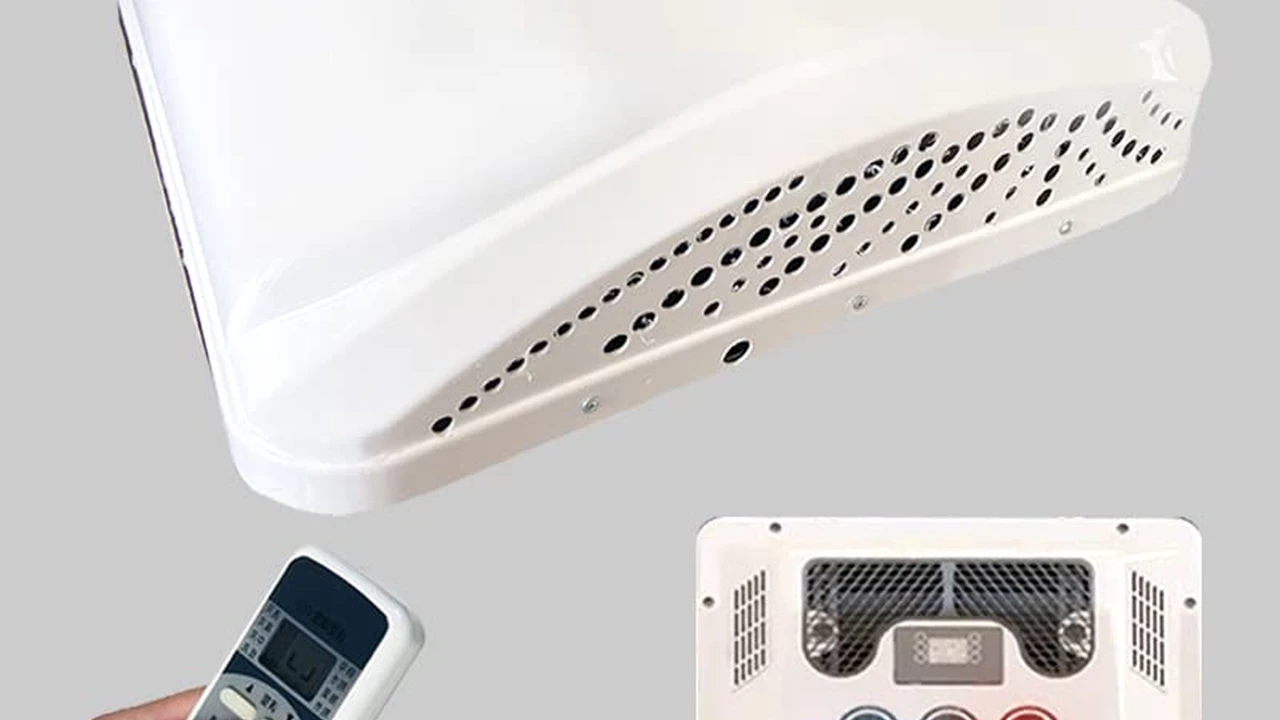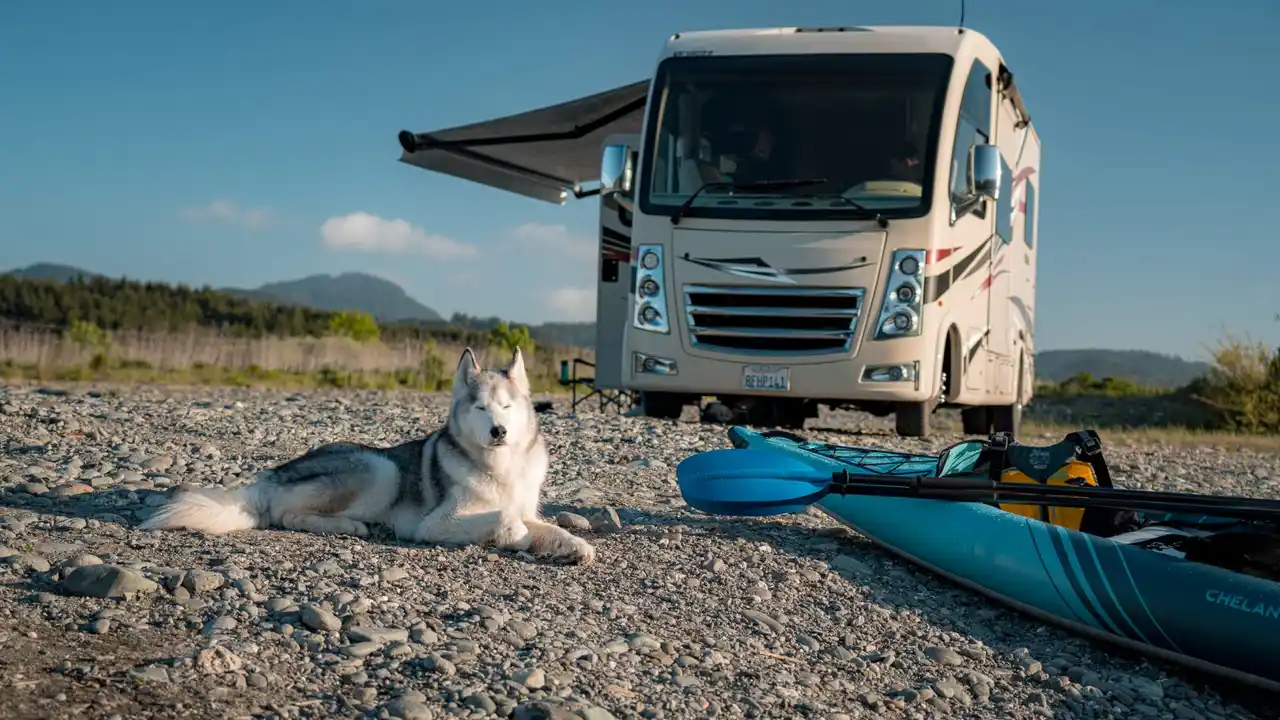RV Extended Warranties: Are They Worth the Cost?
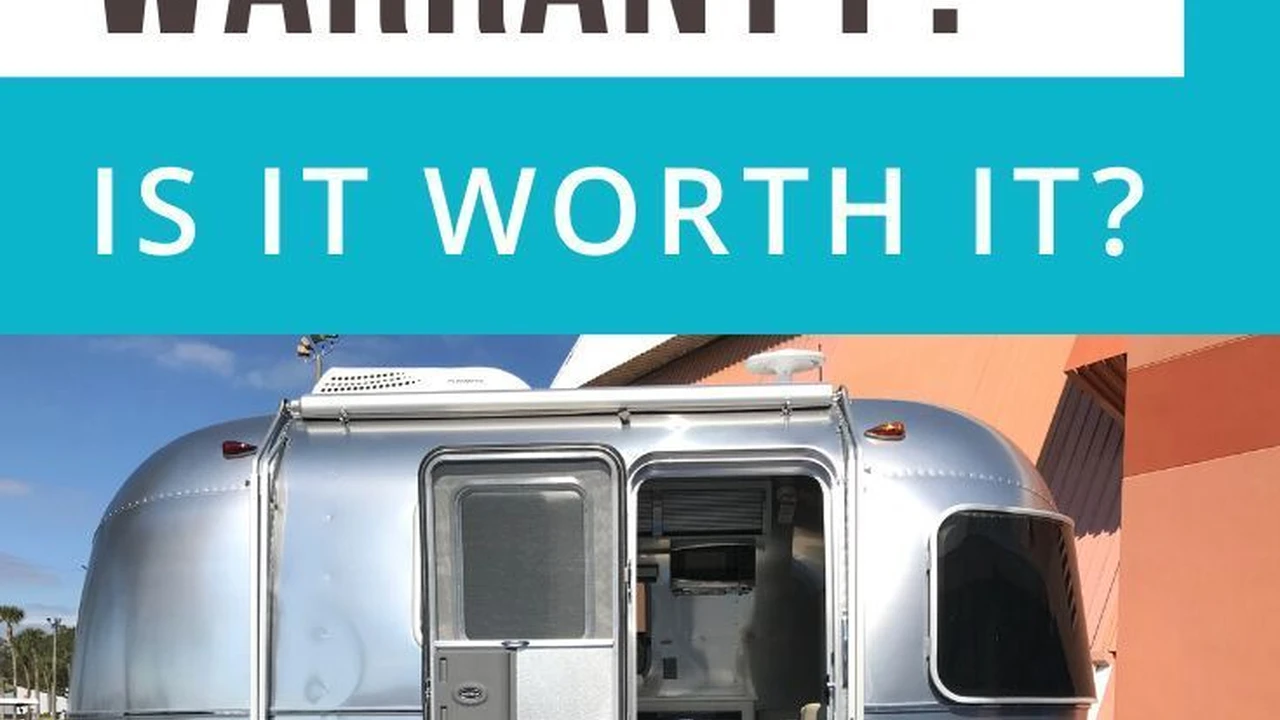
Understanding RV Extended Warranties and Their Purpose
So, you’re thinking about buying an RV, huh? Or maybe you already have one and those extended warranty offers keep showing up in your mailbox. Let's cut through the noise and figure out if an RV extended warranty – often called a service contract – is a smart move for you. Think of it as insurance for your RV's major systems and components after the manufacturer's warranty expires. But is it truly worth the cost? That’s what we’re here to explore.
An RV is essentially a house on wheels. It's got plumbing, electrical systems, appliances, and a chassis – all subject to wear and tear. Extended warranties aim to cover the cost of repairs for unexpected breakdowns, providing peace of mind and potentially saving you from hefty repair bills. However, not all warranties are created equal, and understanding the fine print is crucial.
What RV Extended Warranties Typically Cover
Coverage can vary significantly between providers and plans. Generally, RV extended warranties cover major mechanical components such as:
- Engine: Internal lubricated parts, cylinder block, cylinder head(s).
- Transmission: Gears, shafts, bearings, valve body.
- Drive Axle: Axle shafts, differential, bearings.
- Major Appliances: Refrigerator, air conditioner, furnace, water heater.
- Plumbing: Water pump, holding tanks (leaks), faucets.
- Electrical: Generator, wiring harnesses, control panels.
However, it's vital to remember that even within these categories, specific components might be excluded. For example, some warranties might cover the engine block but not the turbocharger. Always read the contract carefully to understand exactly what's covered and what's not.
Common RV Extended Warranty Exclusions to Know
Exclusions are just as important as coverage. Here are some common exclusions to watch out for:
- Wear and Tear: Normal wear and tear is rarely covered. This includes things like brake pads, tires, and routine maintenance items.
- Maintenance Items: Oil changes, filter replacements, and other scheduled maintenance are typically not covered.
- Pre-existing Conditions: Any issues that existed before the warranty was purchased are almost always excluded.
- Cosmetic Damage: Dents, scratches, and other cosmetic damage are not covered.
- Acts of Nature: Damage caused by floods, earthquakes, or other natural disasters is typically excluded.
- Improper Maintenance: If you fail to properly maintain your RV, the warranty might be voided. Keep detailed records of all maintenance performed.
- Consequential Damage: Damage that results from a covered breakdown might not be covered. For example, if a transmission failure causes engine damage, the engine damage might be excluded.
- Certain Brands or Models: Some warranties might exclude coverage for certain RV brands or models known for reliability issues.
Understanding these exclusions is crucial for making an informed decision. Don't assume that everything is covered just because you have an extended warranty.
RV Extended Warranty Cost Factors and Pricing Details
The cost of an RV extended warranty depends on several factors, including:
- RV Type: Motorhomes (Class A, B, and C) typically have more expensive warranties than travel trailers or fifth wheels due to their more complex systems.
- RV Age and Mileage: Older RVs with higher mileage usually have more expensive warranties.
- Coverage Level: Comprehensive coverage plans are more expensive than basic plans.
- Deductible: A higher deductible will typically result in a lower premium.
- Warranty Provider: Different providers offer different pricing structures.
- Warranty Length: Longer warranty terms will generally cost more.
Expect to pay anywhere from $3,000 to $10,000+ for an RV extended warranty. Get quotes from multiple providers to compare prices and coverage options. Don't be afraid to negotiate the price – many providers are willing to work with you.
Example Pricing:
- Travel Trailer (5 years old): $2,500 - $5,000
- Class C Motorhome (3 years old): $4,000 - $7,000
- Class A Motorhome (1 year old): $6,000 - $10,000+
These are just estimates, and the actual cost will vary depending on the specific factors mentioned above. Always get a personalized quote based on your RV's details.
Benefits of Purchasing an RV Extended Warranty Plan
Despite the cost, there are several potential benefits to purchasing an RV extended warranty:
- Peace of Mind: Knowing that you're protected from unexpected repair bills can provide peace of mind, especially when traveling long distances.
- Budgeting: An extended warranty can help you budget for RV repairs by providing a fixed cost.
- Protection Against Major Breakdowns: RV repairs can be expensive, especially for major components like the engine or transmission. An extended warranty can protect you from these potentially crippling expenses.
- Convenience: Many warranty providers offer roadside assistance and other convenient services.
- Transferability: Some warranties are transferable to a new owner, which can increase the resale value of your RV.
However, it's important to weigh these benefits against the cost of the warranty and the likelihood of needing repairs.
Drawbacks and Potential Pitfalls of RV Extended Warranties
RV extended warranties aren't without their drawbacks:
- Cost: The cost of the warranty can be significant, and you might never need to use it.
- Exclusions: As mentioned earlier, warranties have exclusions, and you might find that the repair you need isn't covered.
- Claim Process: The claims process can be complex and time-consuming.
- Provider Reliability: Some warranty providers are more reliable than others. Do your research and choose a reputable provider.
- Shop Restrictions: Some warranties require you to use specific repair shops, which might not be the most convenient or qualified.
- Deductibles: You'll likely have to pay a deductible for each repair.
- Potential for Overlap: Check your existing insurance policies and manufacturer's warranty to see if there's any overlap in coverage.
Be aware of these potential pitfalls before purchasing an RV extended warranty.
Factors to Consider Before Buying an RV Extended Warranty
Before you sign on the dotted line, consider these factors:
- Your RV's Reliability: Research your RV's make and model to see if it's known for reliability issues.
- Your Budget: Can you afford the cost of the warranty? Consider whether you could handle unexpected repair bills out of pocket.
- Your DIY Skills: Are you comfortable performing minor repairs yourself? This could save you money on warranty claims.
- Your Travel Habits: Do you travel frequently and long distances? If so, an extended warranty might be more beneficial.
- Your Risk Tolerance: Are you comfortable taking the risk of potential repair bills?
- The Warranty Provider's Reputation: Research the warranty provider's reputation and read online reviews.
- The Warranty Terms and Conditions: Read the fine print carefully to understand exactly what's covered and what's excluded.
Answering these questions will help you determine if an RV extended warranty is right for you.
RV Extended Warranty Companies and Provider Reviews
Choosing the right warranty provider is crucial. Here are a few popular options and a brief overview:
- Good Sam Extended Service Plan: A well-known provider with various coverage options. Known for its network of repair facilities and roadside assistance. Research reviews regarding claim processing times.
- Wholesale Warranties: A broker that works with multiple warranty providers, allowing you to compare options. Good for getting multiple quotes.
- Cornerstone United: Specializes in RV warranties and offers comprehensive coverage plans. Known for its customer service.
- National RV Care: Offers a range of warranty plans and roadside assistance. Focuses on providing affordable options.
- Protect My Car: While known for car warranties, they also offer RV coverage. Good if you prefer a larger, more established company.
Important Note: Always read online reviews and check the Better Business Bureau (BBB) rating for any warranty provider you're considering. Pay attention to customer complaints regarding claim processing, coverage disputes, and customer service.
RV Extended Warranty Claim Process: What to Expect
Understanding the claim process is essential. Here's a general overview:
- Breakdown: When your RV breaks down, contact the warranty provider immediately.
- Authorization: The provider will likely require you to take your RV to an authorized repair shop. They may also require an inspection.
- Diagnosis: The repair shop will diagnose the problem and provide a repair estimate.
- Claim Submission: The repair shop will submit the claim to the warranty provider.
- Claim Review: The warranty provider will review the claim to determine if it's covered.
- Approval/Denial: The warranty provider will either approve or deny the claim.
- Payment: If the claim is approved, the warranty provider will pay the repair shop directly (minus your deductible).
Be prepared to provide documentation such as your warranty contract, maintenance records, and repair estimate. Keep detailed records of all communication with the warranty provider.
RV Extended Warranty vs RV Insurance: Understanding the Differences
It's important to distinguish between RV extended warranties and RV insurance. They cover different types of risks.
- RV Insurance: Covers accidents, theft, vandalism, and liability. It's required by law in most states. Think of it as car insurance for your RV.
- RV Extended Warranty: Covers mechanical breakdowns and component failures after the manufacturer's warranty expires. It's optional. Think of it as a service contract for your RV's systems.
You need both RV insurance and an RV extended warranty (if you choose to get one) to fully protect your RV.
RV Extended Warranty Alternatives: Self-Insurance and Savings
If you're not comfortable with the cost or potential pitfalls of an RV extended warranty, consider these alternatives:
- Self-Insurance: Set aside a dedicated savings account for RV repairs. This allows you to control your own money and avoid paying premiums for a warranty you might not need.
- Preventative Maintenance: Regularly maintain your RV to prevent breakdowns. This can significantly reduce the likelihood of needing major repairs.
- DIY Repairs: Learn to perform minor repairs yourself to save money on labor costs.
- Emergency Fund: Ensure you have an adequate emergency fund to cover unexpected expenses, including RV repairs.
These alternatives require discipline and planning, but they can be a cost-effective way to protect yourself from financial hardship.
Used RV Extended Warranty Considerations and Options
Buying a used RV adds another layer of complexity to the extended warranty decision. Used RVs are more likely to experience breakdowns due to age and wear and tear. However, the cost of an extended warranty for a used RV is often higher.
When considering an extended warranty for a used RV, pay close attention to the following:
- Pre-existing Conditions: Make sure the warranty covers pre-existing conditions (if any) that are discovered during the inspection process.
- Inspection Requirements: Some warranty providers require a pre-purchase inspection to assess the RV's condition.
- Mileage Limits: Be aware of any mileage limits on the warranty.
- Coverage Levels: Choose a coverage level that's appropriate for the RV's age and condition.
Consider having a qualified RV technician inspect the used RV before purchasing an extended warranty. This can help you identify potential problems and make an informed decision.
RV Extended Warranty for Specific Products and Use Cases
Let's look at some specific product recommendations and use cases:
Recommended RV Extended Warranties
Based on reviews and coverage options, here are a few recommended RV extended warranty providers (remember to do your own research and get quotes):
- For Comprehensive Coverage: Cornerstone United (known for its extensive coverage options)
- For Affordable Options: National RV Care (focuses on providing budget-friendly plans)
- For Wide Network of Repair Facilities: Good Sam Extended Service Plan (benefits from its established network)
- For Comparing Multiple Quotes: Wholesale Warranties (acts as a broker to find the best deal)
Use Cases
- Full-Time RVers: If you live in your RV full-time, an extended warranty is highly recommended due to the increased wear and tear.
- Frequent Travelers: If you travel frequently and long distances, an extended warranty can provide peace of mind.
- Owners of Complex RVs: If you own a Class A motorhome or another complex RV with many systems, an extended warranty can protect you from potentially expensive repairs.
- Owners of Used RVs: If you own a used RV, an extended warranty can help mitigate the risk of breakdowns.
RV Extended Warranty Product Comparisons and Detailed Information
To help you compare different warranty products, here's a table with detailed information:
| Warranty Provider | Coverage Level | Key Features | Deductible Options | Pricing (Example) |
|---|---|---|---|---|
| Cornerstone United | Comprehensive, Powertrain | Covers pre-existing conditions (with inspection), roadside assistance, trip interruption | $0, $100, $200 | $5,000 - $8,000 (for a 3-year-old Class A) |
| National RV Care | Basic, Standard, Premium | Affordable pricing, flexible payment plans, direct claim payments | $100, $250, $500 | $3,000 - $5,000 (for a 3-year-old Class A) |
| Good Sam Extended Service Plan | Comprehensive, Standard | Large network of repair facilities, roadside assistance, transferable warranty | $100, $200 | $4,500 - $7,500 (for a 3-year-old Class A) |
| Wholesale Warranties | Varies by provider | Compares multiple quotes, access to top-rated providers, personalized service | Varies by provider | Varies by provider (get a quote) |
Note: Prices are estimates and will vary depending on your RV's specific details and the coverage options you choose.
Making the Right Decision About Your RV Extended Warranty
Ultimately, the decision of whether or not to purchase an RV extended warranty is a personal one. There's no right or wrong answer. Weigh the potential benefits against the cost and potential drawbacks, consider your individual circumstances, and choose the option that best suits your needs and risk tolerance. Remember to do your research, read the fine print, and choose a reputable warranty provider. Happy RVing!
:max_bytes(150000):strip_icc()/277019-baked-pork-chops-with-cream-of-mushroom-soup-DDMFS-beauty-4x3-BG-7505-5762b731cf30447d9cbbbbbf387beafa.jpg)



